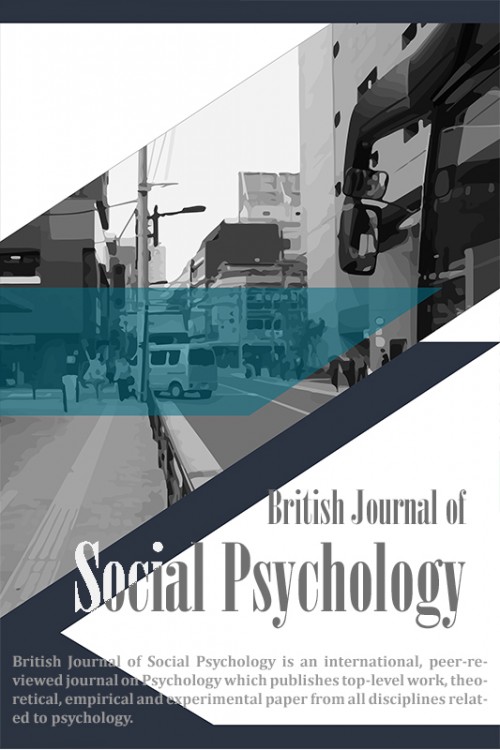
Comparison of the Effectiveness of Self-Regulatory Learning and Problem-Solving Strategies on Academic Achievement and Accountability of Procrastination Students
Abstract
The purpose of this study was to compare the effectiveness of self-regulatory learning strategies and problem-solving training strategies on academic achievement and accountability of Procrastination students. This research was an applied and semi-experimental research with a pre-test post-test groups which was performed on 60 recruited female students at a junior high school who were equally divided into two groups and one group received self-regulatory learning skills and the other group received problem-solving skills. The simple random sampling method was used. A researcher-made inventory was developed from Solomon and Rothblum Academic Procrastination Inventory to identify the symptoms of Procrastination. T-test and covariance analysis were used for data analysis. The results of the study indicated that there was no significant difference between the two groups in the level of responsibility of students after self-regulating learning and problem-solving strategies. But there was a difference between the effectiveness of self-regulatory learning and problem-solving strategies on the academic achievement of procrastinator students. According to the findings of this study, it seems that self-regulatory learning strategies and problem-solving skills increase academic achievement and accountability of procrastinator students, however educational strategies for self-regulatory learning improves students' academic achievement more than problem-solving strategies.